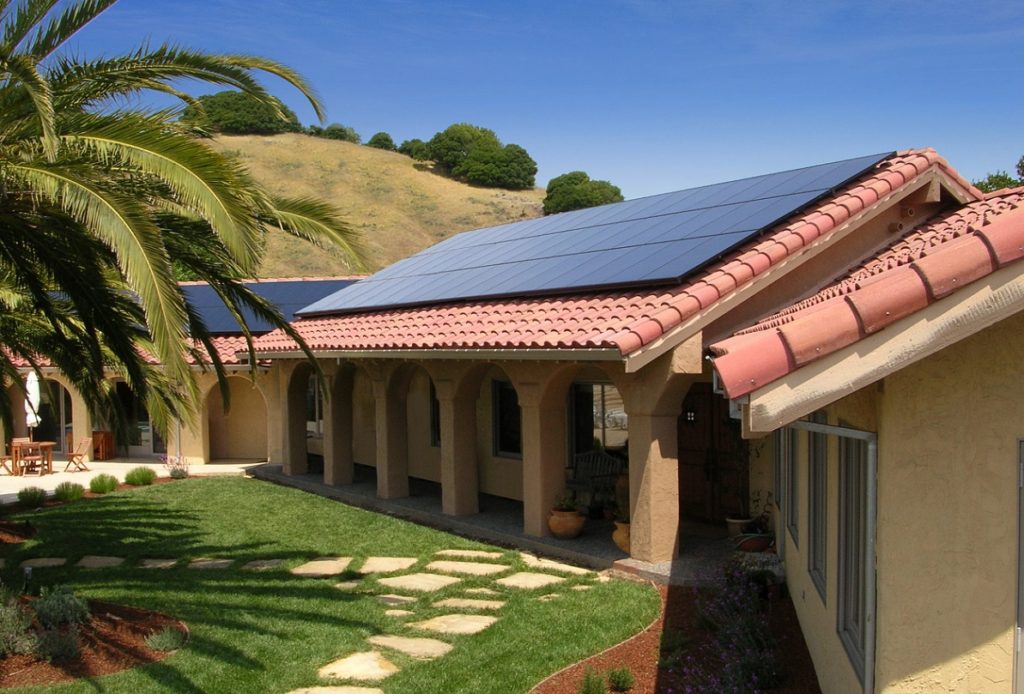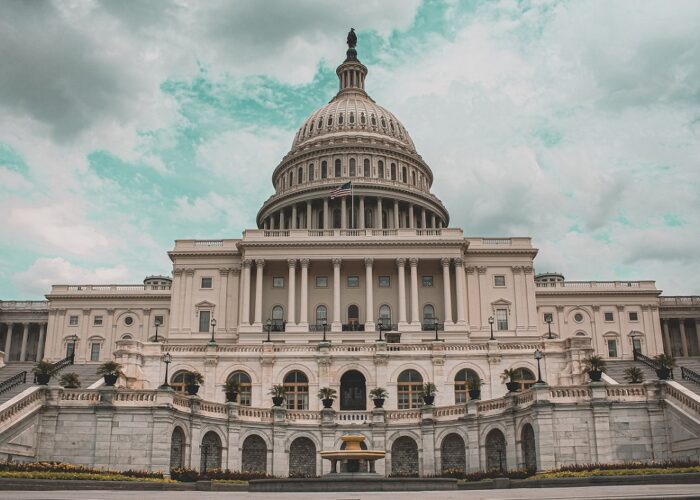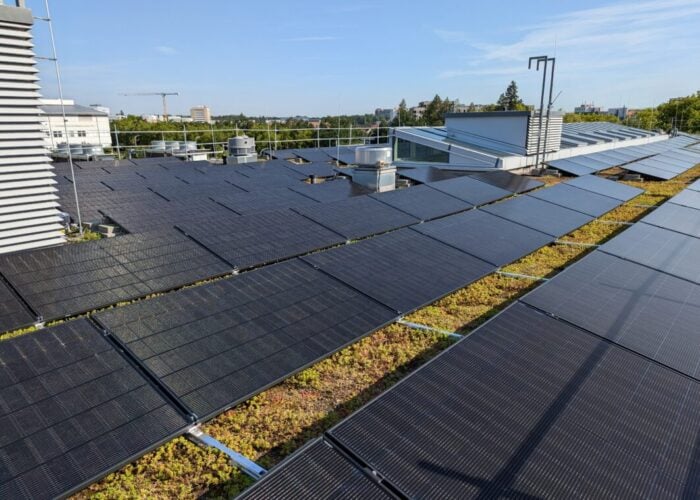
Legislation that would increase and extend the US’ residential solar investment tax credit has secured the backing of a host of solar companies and non-profits.
Introduced by Congresswoman Linda Sánchez, the Residential Solar Opportunity Act aims to ensure that homeowners have the same access as corporations to tax incentives for deploying solar systems.
Unlock unlimited access for 12 whole months of distinctive global analysis
Photovoltaics International is now included.
- Regular insight and analysis of the industry’s biggest developments
- In-depth interviews with the industry’s leading figures
- Unlimited digital access to the PV Tech Power journal catalogue
- Unlimited digital access to the Photovoltaics International journal catalogue
- Access to more than 1,000 technical papers
- Discounts on Solar Media’s portfolio of events, in-person and virtual
The legislation has been endorsed by the 25D Parity Coalition, a group of solar companies, cooperatives and non-profits that includes SunPower, Hanwha Q-Cells, Jinko Solar and GoodLeap.
The solar ITC is currently a 26% federal tax credit claimed against the tax liability of residential (under Section 25D) and commercial and utility (under Section 48) investors in solar energy property.
Under current rules, the solar ITC will step down to 22% in 2023 and then drop to 10% in 2024 for commercial projects, when the residential credit ends completely.
However, the Residential Solar Opportunity Act would see the residential credit increased to 30% for five years and then gradually phased down to a 10% permanent credit after 2028.
According to Congresswoman Sánchez, parity between the credits is critically important to sustained residential solar market growth as the 25D credit supports 70% of residential solar systems sold in the US.
“As we prepare to make major investments in renewable energy, we must ensure that homeowners who want to reduce their carbon footprint have access to the same resources as corporations,” she said.
Suzanne Leta, head of policy and strategy at SunPower, said the proposed legislation is a critical step for residential solar and energy storage customers across the US, adding: “Ensuring homeowners and renters receive the same incentives as businesses to install solar and energy storage will expand access to the electricity bill savings and resiliency benefits for those who need it most, create more good-paying jobs with benefits and further enable the country to tackle climate change head-on.”
While an extension of the ITC has not been included in the bipartisan infrastructure bill, which was passed by the Senate last week, it is thought solar support may be introduced via a budget reconciliation act later in the year.







